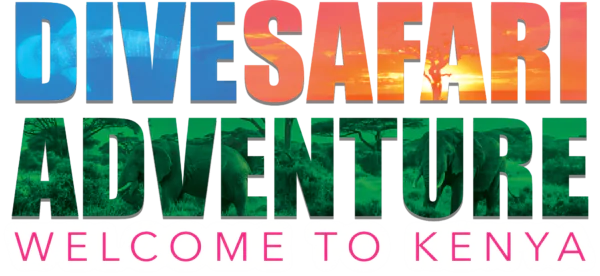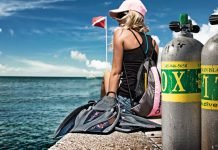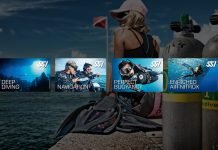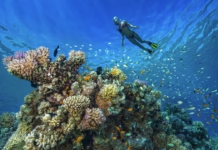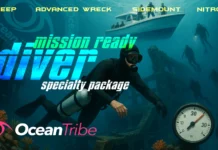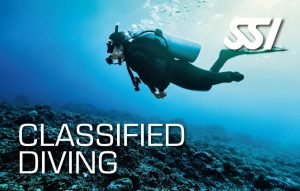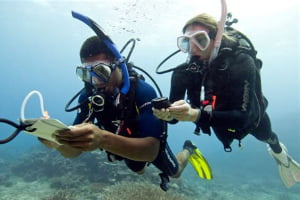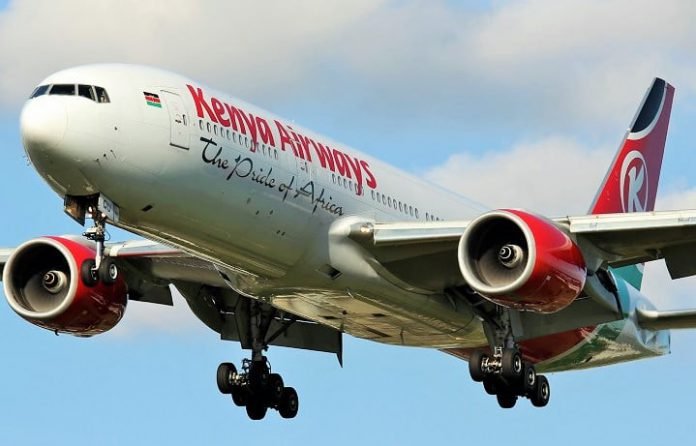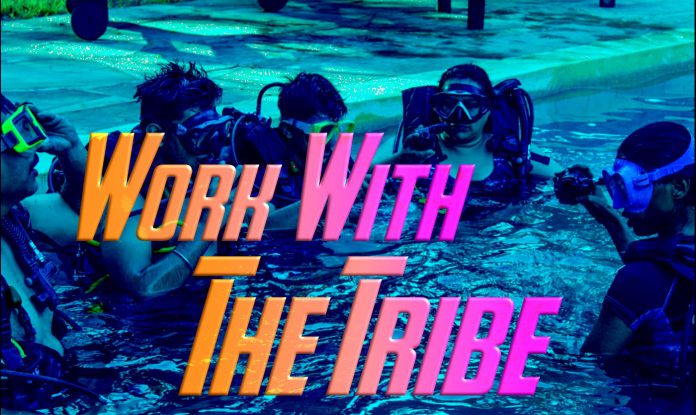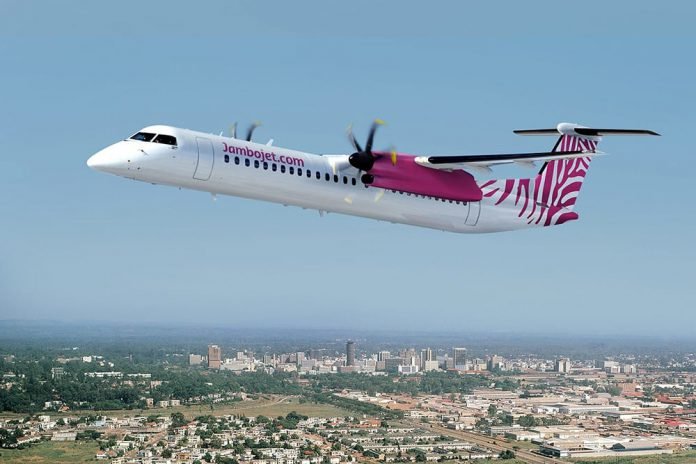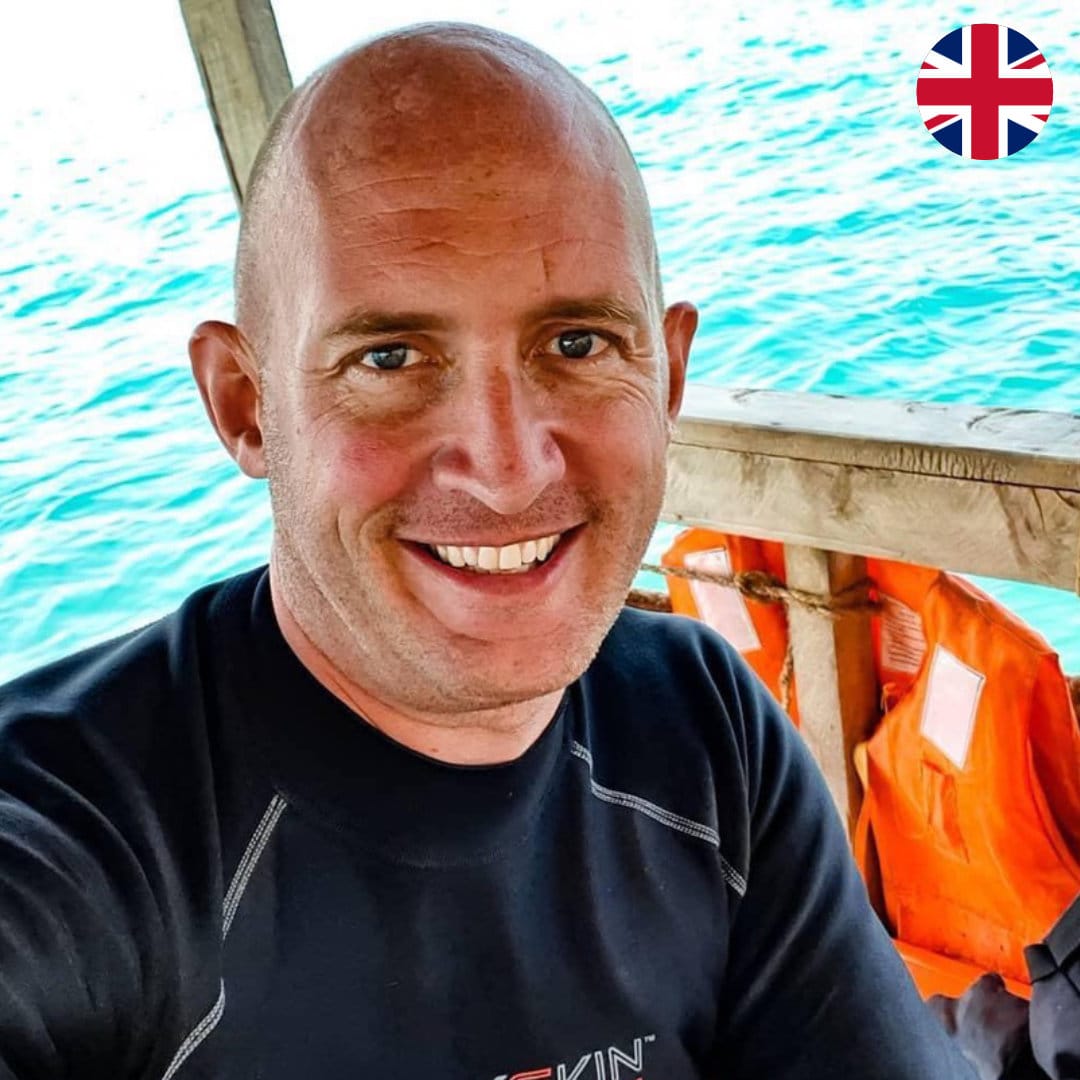A Flight to Kenya from the UK or Europe should be around £500 GBP. This can vary depending on the time of year and how soon in advance you book it etc.
Either go directly to the airline’s websites listed below or visit sites such as www.momondo.com.
The airport you need to fly to is Nairobi (NBO).
From Nairobi Jomo Kenyatta International Airport or Wilson Airport, you can get a short flight down to Ukunda Airport (UKU). The Ukunda Airport is located minutes from the dive centre.
Wilson Airport is located about 10km from JKIA and about a 15-minute taxi ride. You should pay attention to the connection times as in many cases an overnight stay in Nairobi might be required, depending on the arrival time of your international flight.
Alternatively, some international carriers fly directly to Mombasa AIrport (MBA) and you can travel from Mombasa Airport to Diani which is about 40km.
Ocean Tribe can also arrange your flight to Kenya for you and cover all logistics. Contact us for more details.
International Airlines- Kenya Airways, British Airways, China Southern Airlines, Emirates, Ethiopian, Lufthansa, Air France/ KLM, Air Arabia, Gulf Air, Turkish Airlines, Swiss International Airlines, Qatar Airways, Etihad Airways, Saudia, Egypt Air, South African Airways, Air Kenya, Rwandair
Kenya Domestic Airlines- Jambojet, Safarilink, Fly 540, East African, Skyward Express, Kenya Airways

